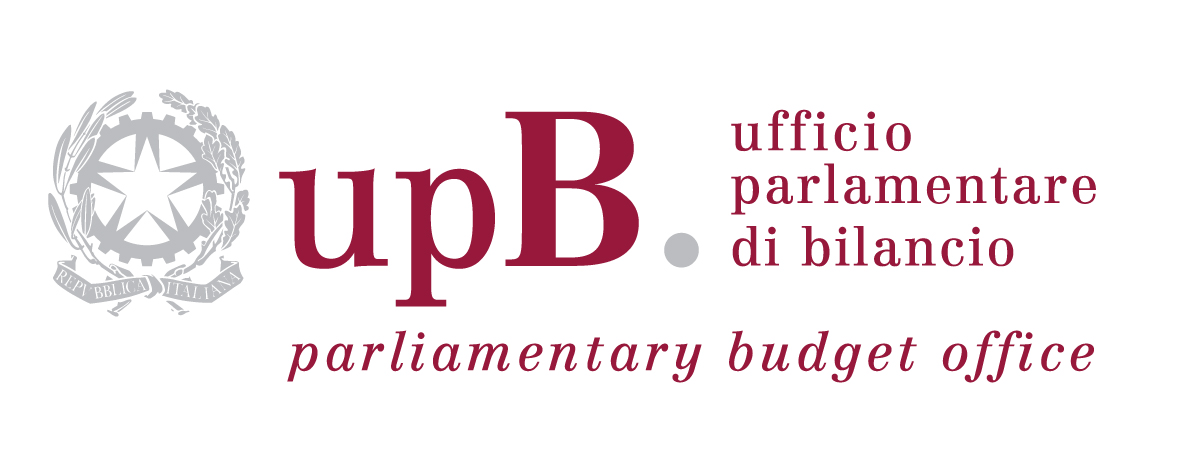The PBO testified in a hearing before the joint Budget Committees of the Chamber of Deputies and the Senate as part of the examination of the Government’s Report to Parliament on the ruling of the Constitutional Court on pensions. In his remarks, the Chairman of the PBO discussed the Focus paper “The revaluation of pensions in the wake of Decree Law 65/2015: redistributive effects and impact on the public finances“ (in Italian). The Focus examines the implications of Constitutional Court ruling no. 70/2015 concerning the revaluation of pensions and of the subsequent Decree Law 65/2015.
An initial section discusses the various procedures for revaluing pensions used in the 2011-2016 period, explaining the mechanism for eliminating indexing provided for in Decree Law 201/2011 (the “Save Italy” Decree), the consequences of the implementation of the Constitutional Court ruling, which reinstated revaluation, and the size of the reimbursements provided for under Decree Law 65/2015. An analysis of hypothetical pensioners clarifies the calculation procedures used for revaluation under the various systems.
Application of the ruling would have compromised compliance with national and European fiscal rules, raising net borrowing above the 3% limit and jeopardising both the adjustment path towards the medium-term objective and compliance with the expenditure rule. The provisions of the decree, which limit the size of reimbursements under the ruling to 0.13 per cent of GDP in 2015 and 0.03 per cent in subsequent years, keeps trend borrowing in line with the levels presented in the EFD. The adjustment of the structural balance for 2015 would be equal to 0.3 per cent, above the target of 0.25 per cent. In 2016, no adjustment would be made, as permitted by invoking the structural reform clause. As regards the expenditure rule, the deviation from the target for 2015 would increase by less than the significance threshold, but the risk of a significant actual deviation would increase. Achieving the policy level of nominal net borrowing over the time period considered would enable compliance with the debt rule.
A simulation involving the pensioners affected, i.e. those with a pension three times the minimum pension (about 30 per cent of people with disability, old age and survivors pensions) shows the lost benefits due to the elimination of indexing and the amount of the reimbursement provided for under Decree Law 65/2015. Although it provides for partial restitution of the amount that would be due under the ruling (about 12 per cent of the total loss due to elimination of indexing), the decree concentrates reimbursements on smaller pensions (more than two thirds of reimbursements regard pensioners whose benefits are between three and four times the minimum).
